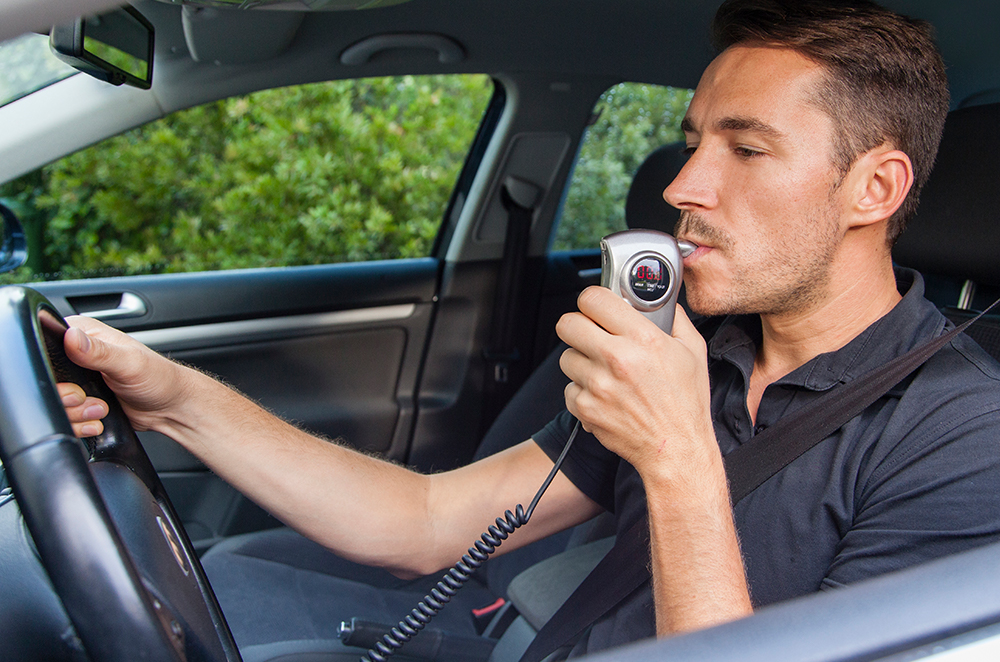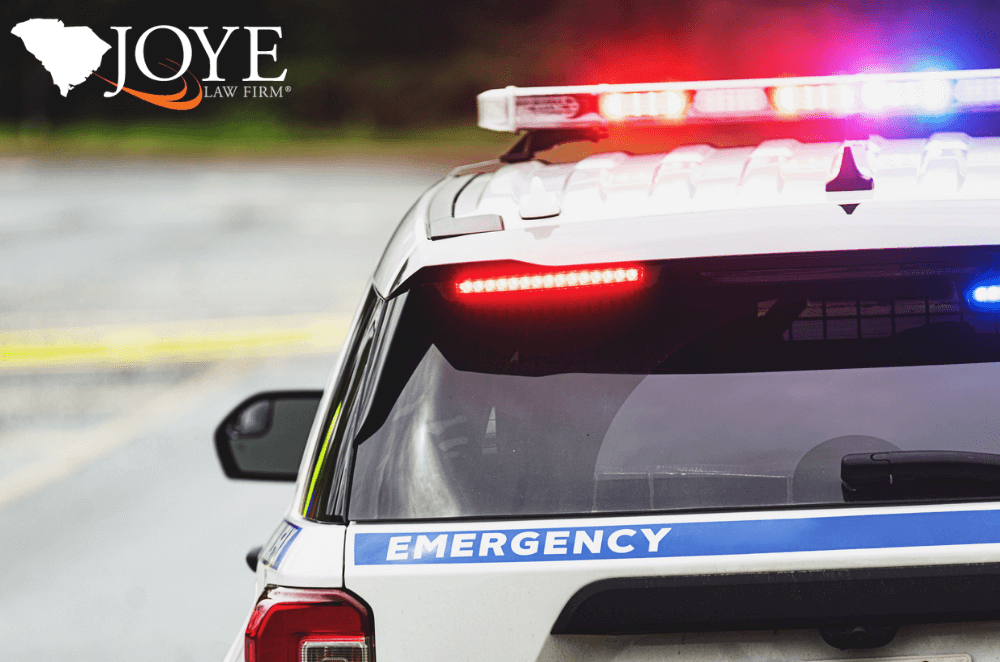
Alcohol detection systems, specifically Ignition Interlock Devices (IIDs), are currently used in South Carolina to help prevent accidents caused by repeat offenders of DUIs. Essentially an in-car breathalyzer, these devices require drivers to take a breath alcohol test before their vehicles will start, and if their results are over the pre-set limit, their vehicles will not start at all.
While IIDs are typically used as a court-mandated punishment, there is a current movement to make these or similar devices a standard feature in all new passenger vehicles. The hope is that this would prevent more alcohol-related auto accidents before they happen.
That’s because many people who drink and drive do so more than once before they are caught. The more often someone gets away with drinking and driving, the more confident it may make them to continue doing so, until it ends in a crash that injures or kills someone else.
Is requiring IIDs in vehicles of people who have never been convicted of a DUI going too far, or will future drivers see these devices as normal as wearing a seatbelt? Only time will tell, but we’ll go over the arguments both for and against this move.
The Case for Alcohol Detection Systems in Cars
According to data collected by the Insurance Institute for Highway Safety (IIHS), if alcohol detection systems had been in use in all vehicles between 2015-2018, roughly a quarter of all fatal alcohol-related crashes during that time period could have been prevented.
This determination accounts for the fact that at least some of these accidents would still have occurred even if both drivers were sober, and that the risk of an accident after consuming alcohol is statistically higher for younger drivers with fewer years of experience behind the wheel.
For example, assuming all have a blood alcohol content (BAC) of 0.09%, a 16-21 year-old is 60x more likely to cause a fatal crash than a sober driver, a 22-34 year-old is 21x more likely, and a 35+ year-old is 16x more likely to cause a crash, on average.
Some might argue a quarter of alcohol-related crashes prevented by IIDs isn’t worth the hassle of implementing the technology when three-quarters of alcohol-related crashes might still occur. However, this dismisses how many car crashes actually occur in the U.S. and how many lives this measure could save. If alcohol detection systems had been in place in all vehicles between 2015-2018, they would have saved 37,636 lives.
Additionally, it is important to acknowledge why three-quarters of alcohol-related crashes might still occur. Any amount of alcohol can affect driving ability, and some of the crashes recorded between 2015-2018 included drivers who were driving with a BAC within the legal limit. The IIHS estimates that if no one ever drove after consuming alcohol, one-third of all road deaths could be prevented, saving as many as 12,000 lives per year. Implementing standard IIDs could be an important first step toward reducing auto accident deaths.
In a 2009 study of U.S. drivers, nearly two-thirds of respondents said they would support requiring IIDs in all vehicles as long as they were “fast, accurate, and unobtrusive.”
The Case Against Alcohol Detection Systems in Cars
One of the major complaints against implementing IIDs in all vehicles is that they are not currently as “fast, accurate, and unobtrusive” as we’d like.
The American Beverage Institute (ABI) believes that mandatory IIDs could cause unnecessary harm to the economy by limiting people’s ability to visit bars and restaurants.
If implemented in all vehicles, IIDS may have to be set to shut down vehicles at significantly lower BAC levels than the current legal limit in order to accommodate lack of accuracy. They could be set to lock vehicles at results as low as 0.03%-0.04% BAC, or about half the legal limit of 0.08, when roughly 70% of fatal drunk driving accidents occur at around 0.15% BAC, or nearly twice the legal limit.
“Even if manufactured to work 99.9997% of the time (the highest standard), they will still malfunction over 3,000 times per day,” noted an ABI official. “That’s sober individuals stranded and drunk drivers allowed to operate their cars.”
Another concern comes from auto manufacturers. The current bill proposing mandatory IIDs would require the National Highway Traffic Safety Administration to implement this standard within five years if passed into law, but automakers worry that a strict timeline would push this technology into production before it’s ready for widespread use, which could potentially lead to more errors.
If You’ve Been Injured in a Car Accident Involving a Drunk Driver, We Can Help
Regardless of whether the at-fault party has a history of drunk driving or not, if you or someone you love has been injured or killed in an accident caused by a drunk driver, you deserve compensation for your suffering and accident-related expenses.
Our South Carolina car accident attorneys know what comes next, how to fight back against belligerent insurance companies, and how to win our clients the compensation they deserve. Contact us today for a free case consultation.

































